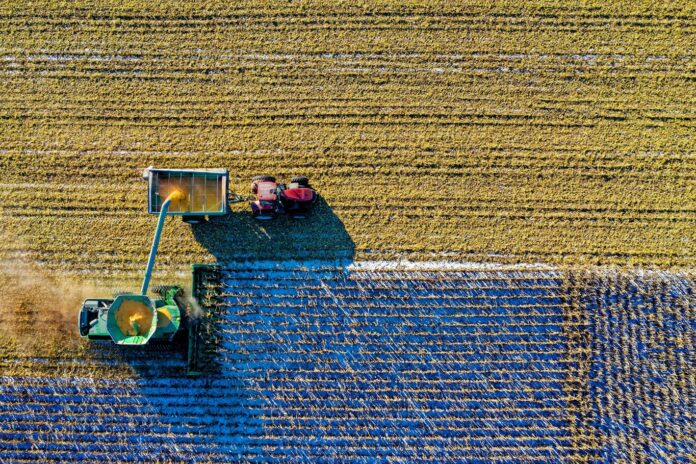An analysis found a significant increase in pesticide residues allowed on various food items in England, Wales, and Scotland since Brexit. Data points to more than 100 food items, including potatoes, onions, grapes, avocados, coffee, and rice, now having higher permissible levels of pesticide residues. Especially alarming is the rise for compounds like the insecticide chlorantraniliprole and the fungicide boscalid on tea, both seeing a 4,000-fold increase, and the controversial weedkiller glyphosate on beans, which has increased by 7.5 times.
These changes came under the Conservative government between 2022 and 2024, replacing stricter European Union regulations. These weaker standards don’t apply in Northern Ireland, which retains the EU’s higher safety levels. While the EU maintains or tightens its standards, Great Britain chose the less stringent measures of Codex Alimentarius, an international food standard often criticized for weaker safety protections. The UK selectively adopted Codex standards only where they were less strict, opting for even lower British thresholds instead of stricter Codex levels.
The Health and Safety Executive (HSE) claims decisions are based on scientific assessment aimed at protecting public health, but campaigners from Pesticides Action Network UK argue otherwise. They believe the relaxed standards pose significant health risks, including potential exposure to carcinogens and hormone disruptors.
This regulatory shift aligns with criticisms that post-Brexit, the UK abandoned several EU-derived environmental protections. The increase in Maximum Residue Levels (MRLs) covers substances like neonicotinoids, known for their harmful impact on pollinators, which remain banned in the EU but not in many exporting countries to the UK.
As the UK grapples with these regulatory changes, environmental and health advocates urge the government to rethink and strengthen pesticide regulations. Public health and environmental protection should come before economic considerations.



